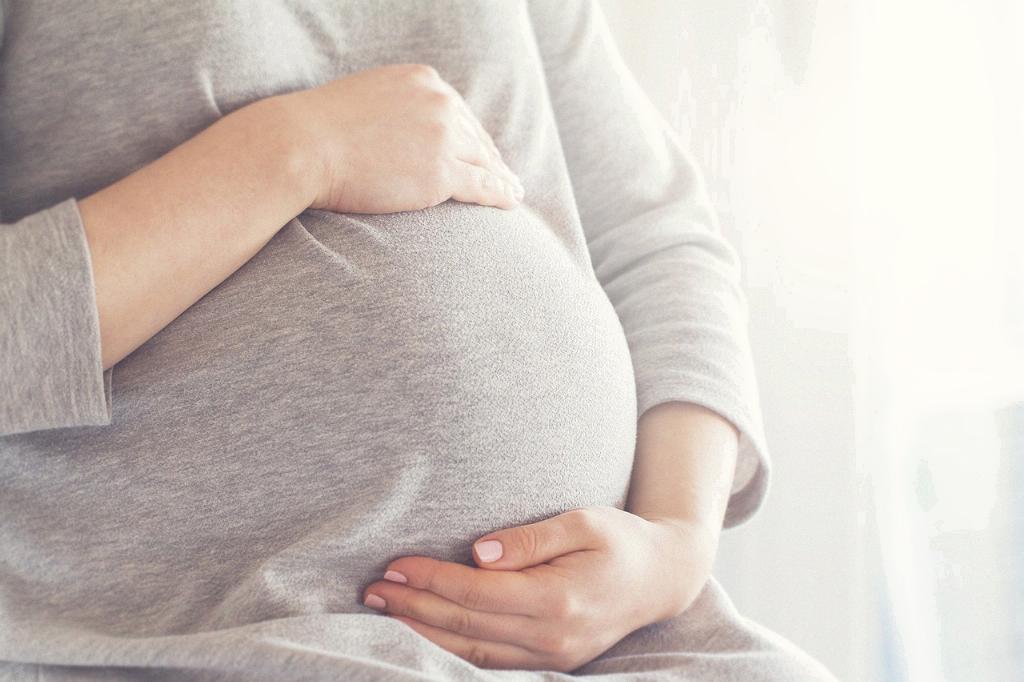Postpartum gas is a common issue that many new mothers face after giving birth. It can be uncomfortable and embarrassing, but it is important to know that it is a normal part of the body’s healing process. Gas in the postpartum period can be caused by a variety of factors, including hormonal changes, changes in diet, and the physical strain of giving birth.
Stay Hydrated and Maintain a Healthy Diet
One of the key ways to reduce postpartum gas is to stay hydrated and maintain a healthy diet. Drinking plenty of water can help aid digestion and prevent constipation, which can contribute to gas. Eating a balanced diet rich in fiber, fruits, and vegetables can also help regulate your digestive system and reduce gas.
Avoid Gas-Inducing Foods
Some foods are known to cause gas and bloating, so it is important to avoid these foods in your postpartum period. Some common gas-inducing foods include beans, broccoli, cabbage, onions, and carbonated drinks. Limiting your intake of these foods can help reduce postpartum gas.
Practice Gentle Exercise
Exercise can help regulate your digestive system and reduce postpartum gas. Gentle exercises like walking, yoga, or stretching can help stimulate digestion and alleviate gas. Be sure to consult with your healthcare provider before starting any exercise routine after giving birth.
Manage Stress Levels
Stress can affect your digestive system and contribute to gas. Finding ways to manage your stress levels through activities like deep breathing, meditation, or relaxation techniques can help reduce postpartum gas. Taking time for self-care and relaxation is essential for your overall well-being.
Consider Probiotics
Probiotics are beneficial bacteria that can help maintain a healthy balance in your gut and aid digestion. Consider adding probiotic-rich foods like yogurt, kefir, or kombucha to your diet to help reduce postpartum gas. Consult with your healthcare provider before starting any new supplements.
Avoid Overeating
Eating large meals or overeating can put a strain on your digestive system and lead to gas. Try to eat smaller, more frequent meals throughout the day to help prevent postpartum gas. Listen to your body’s hunger and fullness cues to avoid overeating.
Stay Active and Mobile
Being sedentary can contribute to digestive issues and gas, so it is important to stay active and mobile in the postpartum period. Moving around regularly, taking short walks, and avoiding prolonged periods of sitting can help prevent gas buildup in your digestive system.
Avoid Chewing Gum and Smoking
Chewing gum and smoking can lead to swallowing air, which can contribute to gas and bloating. Avoiding these habits can help reduce postpartum gas and improve your overall digestive health.
Seek Support and Guidance
If you are struggling with postpartum gas or other digestive issues, do not hesitate to reach out for support and guidance. Your healthcare provider can offer personalized advice and recommendations to help you address and manage your symptoms effectively.
Listen to Your Body
Above all, listen to your body and pay attention to how different foods and activities affect your digestive system. Keep a food diary to track your symptoms and identify any triggers that may be causing postpartum gas. Making small changes and adjustments can help you find relief and improve your overall digestive health.
Conclusion
Reducing postpartum gas requires a holistic approach that involves staying hydrated, maintaining a healthy diet, exercising regularly, managing stress, and seeking support when needed. By making small lifestyle changes and listening to your body, you can effectively reduce postpartum gas and improve your overall well-being in the postpartum period.

